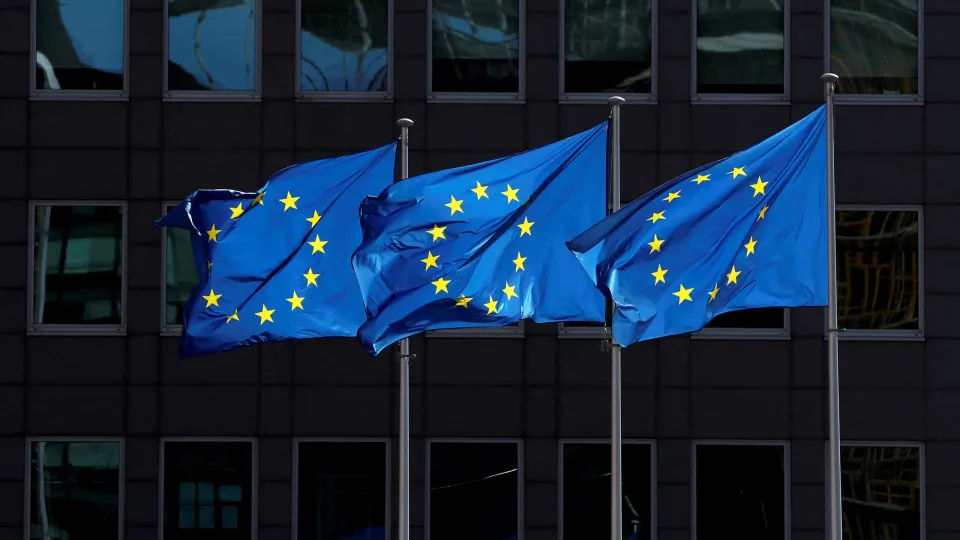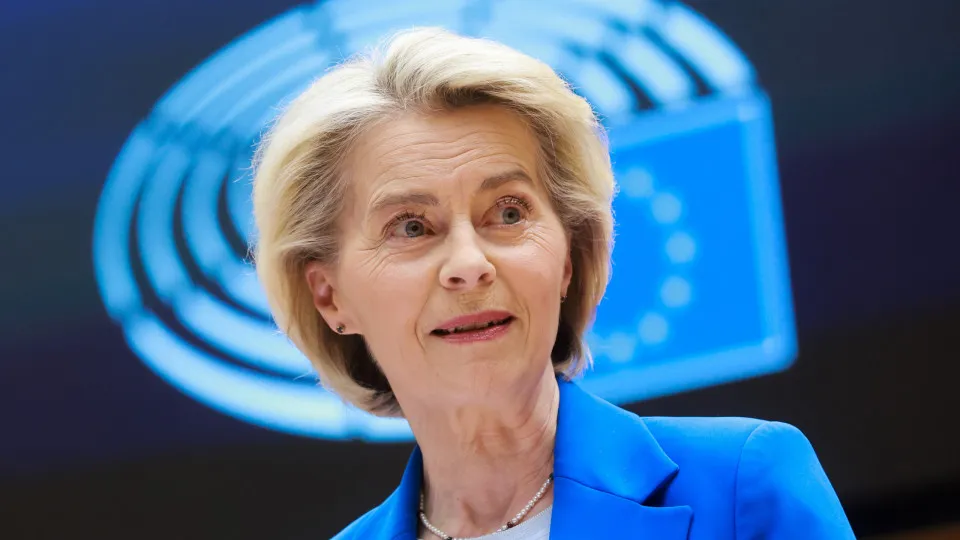
According to Brussels, “domestic demand is expected to continue driving economic growth in Portugal, despite uncertainty in global trade,” as stated in the autumn economic forecasts released today.
These forecasts are more pessimistic than those of the Government, which has projected a growth of 2% this year and 2.3% next year in the State Budget for 2026.
For this year, the European Commission revised the May forecasts upwards from 1.8% to 1.9%, while maintaining the 2.2% prediction for 2026. For 2027, Brussels estimates a growth of 2.1%.
The revision follows the preliminary estimate for the third quarter of 2025, which showed an expansion of 0.8%, driven by pension bonuses and adjustments in IRS withholding tables paid in August and September, which “stimulated consumer demand.”
“Private consumption also benefited from a steady increase in employment and wages, along with lower interest rates on household loans,” notes Brussels, adding that investment “showed strong growth, reflecting a sharp recovery in the construction sector in the second quarter of 2025.”
On the other hand, export growth slowed substantially due to global trade tensions and uncertainties, and “foreign tourism slowed after several years of strong performance, while domestic tourism continued to grow at a rapid pace,” it concludes.
For the coming years, the Commission predicts that private consumption will continue to grow at a steady pace, with rising household income and a gradual decrease in the savings rate.
“Investment is expected to grow even faster than private consumption in 2025 and 2026, when the use of Recovery and Resilience Plan funds is at its peak,” it states.
Meanwhile, imports are expected to continue growing faster than exports, “although the growth difference is expected to decrease from 2026,” Brussels anticipates.




